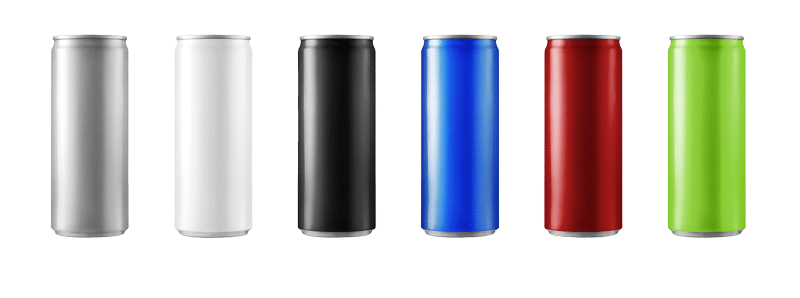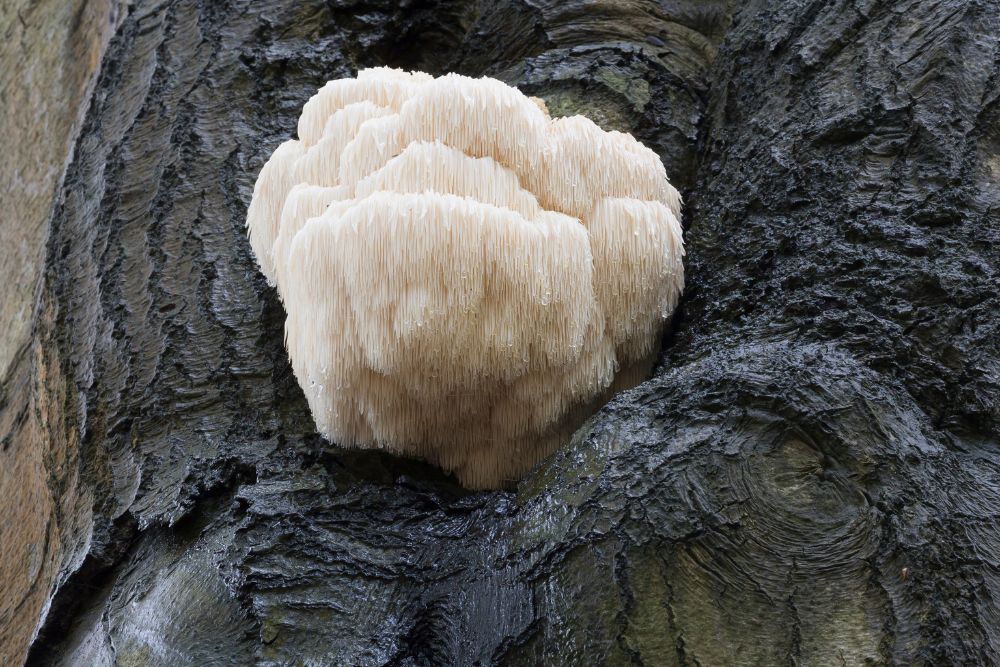Lion’s mane mushroom, known scientifically as Hericium erinaceus, has been an esteemed ingredient in ancient healing practices across various cultures. Its distinctive appearance and impressive health benefits have made it a valued component of traditional medicine. In this article, we will delve into the captivating history of lion’s mane mushroom in ancient healing practices, highlighting its different uses and applications.
Traditional Chinese Medicine
In Traditional Chinese Medicine (TCM), lion’s mane mushroom has been highly prized for centuries.
Shennong (神農), translated as “Divine Farmer,” was a mythological Chinese ruler known as the first Yan Emperor, herbalist, and founder of Traditional Chinese Medicine (TCM).
It is said that he documented the beneficial properties of lion’s mane in his classic work, “Shen Nong Ben Cao Jing” (The Divine Farmer’s Materia Medica) around 200 AD. In TCM, lion’s mane was thought to improve the flow of Qi (vital energy) and balance the Yin and Yang energies within the body.
Tonifying the Spleen and Stomach
Lion’s mane mushroom was primarily used in TCM to tonify the spleen and stomach, promoting healthy digestion and nutrient absorption.
Lion’s mane was also used as a natural pain reliever for gastrointestinal problems, such as stomach aches and gastritis. The mushroom’s anti-inflammatory and analgesic properties were thought to alleviate pain and discomfort caused by these ailments.
The mushroom was often prepared as a decoction or soup, which was then consumed to alleviate indigestion, gastritis, and ulcers.
Nourishing the Mind and Spirit
In addition to its digestive benefits, lion’s mane mushroom was also used to support cognitive function and mental health. TCM practitioners believed that the mushroom could nourish the mind and spirit, helping to alleviate symptoms of anxiety, depression, and insomnia.
Ayurvedic Medicine
Ayurveda, the traditional Indian system of medicine, also recognized the value of lion’s mane mushroom. Known as “Yakrit-Plin Gana” in Sanskrit, it was used to promote overall health and well-being, particularly in supporting liver function and digestion.
The ancient Indian healer Charaka, author of the “Charaka Samhita,” one of the foundational texts of Ayurveda, wrote about a variety of mushrooms that were used for medicinal practices.
Lion’s mane was often prepared as a “ghrita” or herbal ghee in Ayurvedic medicine. The mushroom was slowly cooked with ghee (clarified butter) to extract its beneficial compounds, which were then used for various healing purposes, such as pain relief and cognitive support.
Liver Health
In Ayurvedic medicine, lion’s mane was believed to possess hepatoprotective properties, helping to protect and support liver function. It was often prescribed to those suffering from liver ailments or those seeking to improve their liver health.
Digestive Health
Similar to its use in TCM, lion’s mane was also utilized in Ayurveda to support digestive health. The mushroom was believed to balance the three doshas (Vata, Pitta, and Kapha), contributing to overall well-being and improved digestion.
Traditional Japanese Medicine
In Japan, lion’s mane mushroom, known as “Yamabushitake,” was highly regarded for its medicinal properties. Lion’s mane was said to be nutritive to the five internal organs (liver, lung, spleen, heart, and kidney), and promotes good digestion, general vigour, and strength.
Wound Healing
Japanese healers recognized the potential of lion’s mane mushroom in promoting wound healing. They would create a topical application from the mushroom’s fruiting body, which was then applied to the affected area to accelerate healing and reduce inflammation.
Cognitive Support
Similar to its role in TCM and Ayurveda, lion’s mane was also used in traditional Japanese medicine to support cognitive function, called vigour at the time. The mushroom was believed to improve memory, focus, and mental clarity.
European Folk Medicine
In European folk medicine, lion’s mane mushroom was also known for its medicinal properties, particularly in supporting the immune system and addressing respiratory issues.
Immune Support
European healers valued lion’s mane for its immune-boosting properties. They believed that consuming the mushroom could strengthen the body’s natural defences, helping to ward off infections and illnesses. The mushroom was typically prepared as a tea or tincture, which was then consumed as a remedy.
Hildegard of Bingen, a renowned 12th-century German herbalist, and healer, wrote about the medicinal properties of mushrooms. Although her works do not mention lion’s mane specifically, her extensive knowledge of fungi and their healing potential indicates that lion’s mane may have played a role in her practice.
Respiratory Health
Lion’s mane was also used to address respiratory issues, such as bronchitis, asthma, and coughs in European folk medicine. European healers would prepare a tea or tincture from the mushroom, which was then consumed to alleviate respiratory symptoms and promote overall lung health.
Native American Medicine
Native American tribes, particularly those in the Pacific Northwest, were known to use lion’s mane mushroom for both medicinal and culinary purposes.
In Native American medicine, lion’s mane was used to alleviate pain associated with musculoskeletal issues, such as joint pain, muscle aches, and arthritis. The mushroom was typically prepared as a poultice, where the fruiting body was crushed or ground and then applied directly to the affected area to provide relief.
General Health and Vitality
Native Americans believed that consuming lion’s mane mushroom could enhance overall health and vitality. They would often incorporate the mushroom into their diets, either by cooking it as a vegetable or brewing it into a tea.
Pain Relief
Some Native American tribes used lion’s mane as a natural pain reliever. They believed that the mushroom possessed analgesic properties, which could help alleviate discomfort and pain associated with various ailments.
In Conclusion
Throughout history, lion’s mane mushroom has been embraced by many cultures for its remarkable medicinal properties. From Traditional Chinese Medicine to Native American healing practices, this versatile fungus has offered support for digestion, cognitive function, immune health, and more.
As we continue to uncover the full potential of lion’s mane, it becomes clear that our ancestors had a profound understanding of the healing power of nature.


